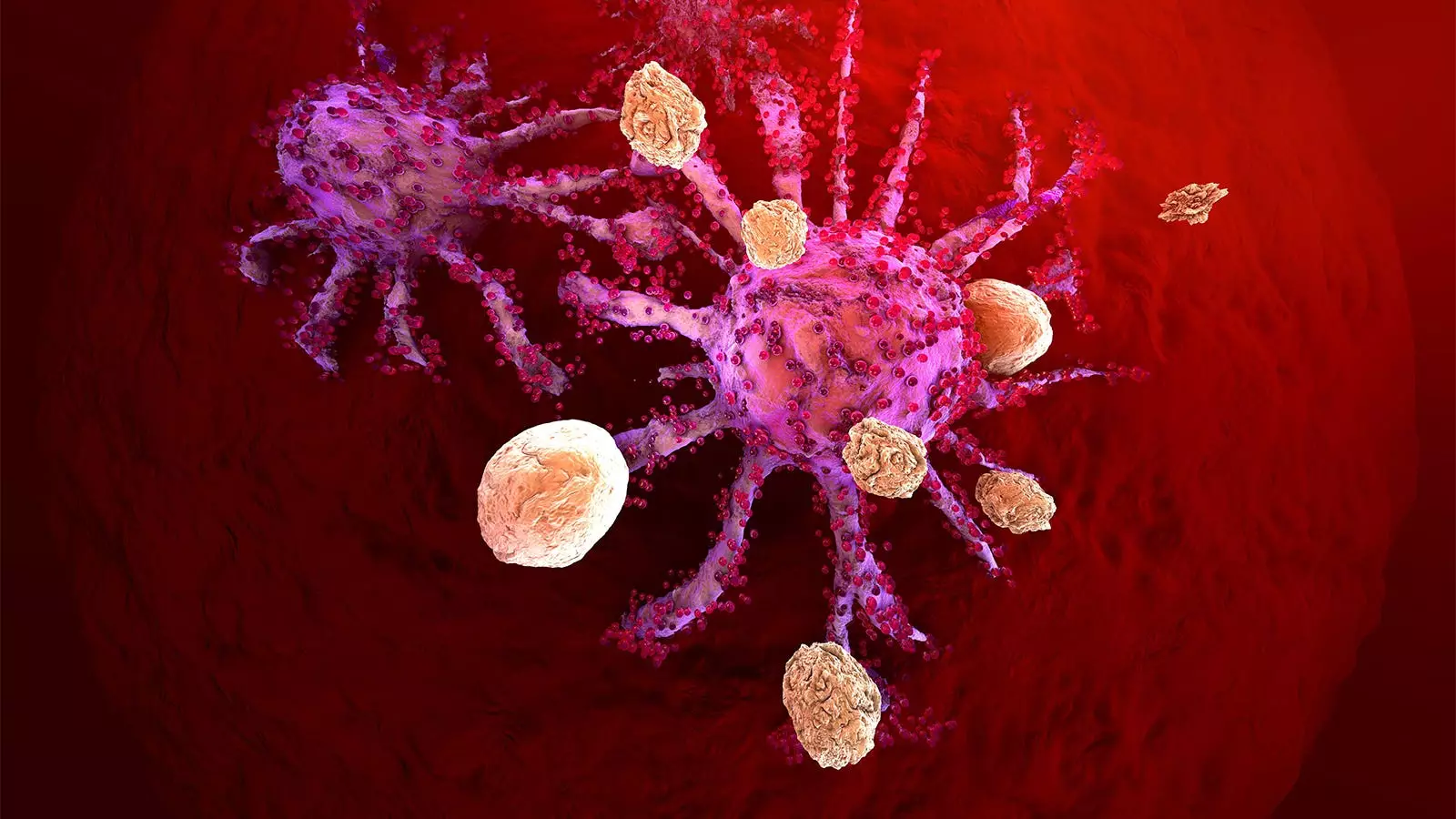In the world of cancer treatment, there is a constant quest to find innovative therapies that can combat this devastating disease. One such treatment, CAR T-cell therapy, has shown promising results in patients with hematologic malignancies. However, recent news of black box warnings issued by the FDA has raised questions about the safety of this treatment option. This article aims to analyze the risks associated with CAR T-cell therapies and whether they should still be considered a viable treatment despite the warnings.
Understanding CAR T-Cell Therapy
CAR T-cell therapy is a groundbreaking approach that involves re-engineering a patient’s immune system to target and destroy their own cancer cells. It involves filtering the patient’s blood to extract immune cells, modifying them to specifically target cancer cells, and then reintroducing them into the patient’s body. This therapy has shown remarkable efficacy, often leading to cancer remission. However, the recent black box warnings have focused attention on the potential risk of developing secondary T-cell malignancies.
The FDA has reported 22 cases of secondary T-cell malignancies out of tens of thousands of patients treated with CAR T-cell therapies. While this is undoubtedly a concerning statistic, the risk ratio of approximately 1 in 1,000 must be considered in the context of the alternative options available. Many patients who receive CAR T-cell therapies have already undergone traditional chemotherapy, which itself carries a risk of secondary malignancies. Comparatively, the risk of relapse or progression of the original cancer is often higher than the risk of acquiring another cancer.
When evaluating any cancer therapy, the potential benefits and risks must be carefully weighed. While the risk of developing secondary T-cell malignancies is not negligible, it is essential to remember that no cancer treatment is without side effects. CAR T-cell therapy has demonstrated significant efficacy, with success rates ranging from 80-90% in some cases. Given these odds, many patients and healthcare professionals are willing to accept the risk of a secondary cancer to effectively combat a life-threatening disease.
The Effectiveness of Black Box Warnings
Black box warnings, while intended to alert physicians and patients to potential risks, may not be as effective as desired. Studies have shown that physicians do not always adhere to these warnings, and patient compliance can also be influenced by the presence of such warnings. Furthermore, the FDA has faced criticism for a lack of transparency regarding the criteria used to issue black box warnings. It is crucial to consider whether these warnings truly enhance patient safety or inadvertently discourage the use of potentially beneficial therapies.
Despite the black box warnings associated with CAR T-cell therapies, they continue to hold promise as a treatment option for hematologic malignancies. The potential benefits of these therapies far outweigh the risk of developing secondary T-cell malignancies. It is crucial for patients and healthcare professionals to have open and honest discussions about the risks involved in any cancer treatment. By fully understanding the potential risks and benefits, patients can make informed decisions about their treatment options. CAR T-cell therapies should still be considered a viable and valuable tool in the fight against cancer.


Leave a Reply